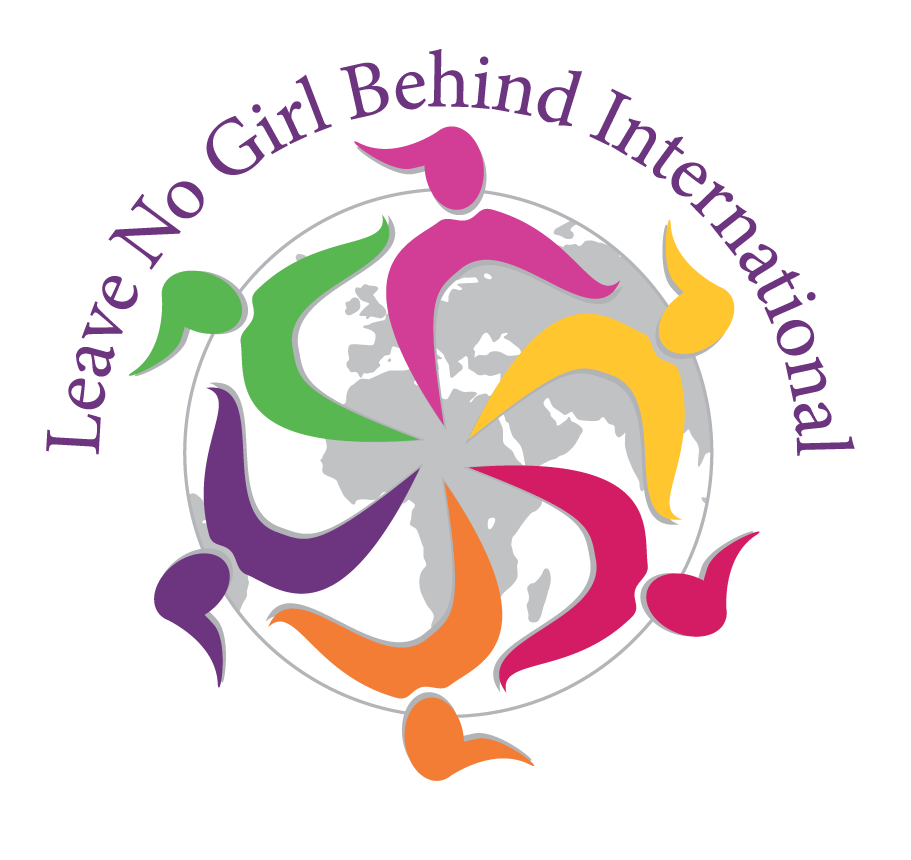A Leave No Girl Behind Discussion: Human rights in Afghanistan
WOMEN’S RIGHTS IN AFGHANISTAN
A contribution to Leave No Girl Behind by Farida Nekzad
Afghan women usually suffer many difficulties and challenges, particularly from 1996 onwards when the Taliban captured Kabul, Afghanistan. But after the fall of the Taliban, of course a big change came to the lives of Afghan women. They found the chance to present themselves in different sectors. We now have women in parliament and cabinet, business, health, Education, Social and cultural, and other sectors.
Women in Afghanistan because of the long term fight and war, remain out of education, and awareness. Particularly in remote areas, they don’t know about their rights or about themselves, that is why they are accepting violence, threats, challenges and risks in their daily activities, mostly in their personal lives as well, and they have no freedom.
In their personal lives they don’t have the right to choose their future husband or ideal man of their dreams. If a girl wants to have a boyfriend or get married to a boy which she wants, her family will stop this in different ways and perhaps through violence (anything from forced marriage, or even killing). This happens mostly in provinces and remote areas.
Forced marriage is one of the big challenges for females. For example, a 15 or 16 year old girl is forced to marry a 50 or 60 year old man, or an already married man. If the girl tries to escape from home because of this, she can be punished by her father and brothers or by her in-laws. If a girl’s brother murders or kidnaps a girl from another family, and the father from the other family wants a girl or woman to marry into his family, according to local Jirga (council) the murderer or kidnapper’s family trades a girl in their family to the other family to settle the dispute (baad3). The kidnapped girl then goes home with her brother.
Mostly women can’t take decisions or give comments and advice in the family; they have to just work, cook, clean, bear many babies, raise kids and do hard work.
My vision is to give awareness and bring change in the lives of men and women, do capacity building and career development and bring most women particularly in professional journalism to the managerial level. In this way a woman can be one of the decision makers and her comments and ideas can be accepted at the news desk or in a boardroom. It gives a chance for job facilitating, and encourages and gives a chance for more promotion and progress, and the role of women as leaders.
But you know it’s not easy to do this all by myself as an individual. Of course it needs a network, group work, and awareness of gender, because if men don’t give attention and support it’s difficult to achieve to our goal and aim. Also the support of the Afghan government and international community is most important.
We see that in some parts and areas we don’t have the presence of women, even for example in the High Commission Supreme Court Council we don’t have any women. In the Peace Jirga from 500 participants we had only 50 women participants; also in the High Peace Council we have just 8 or 9 women. Out of 27 ministers we have only 3 women, and from acting ministers from 34 provinces we have just one female governor. In all ministries we have mostly 2 to 3 deputy ministers and unfortunately none of them are women. We have and can count in some field talent, expert and educated women are who are fit for such positions. In all embassies, we have only 2 women ambassadors.
I mean if the main government gives more chances to women, of course we can be hopeful for a better life and a bright future. If not, particularly in such a critical time where the process of negotiation and presence of women is under discussion (and it’s a big concern for women) of course we will lag behind and day by day will be affected by different problems and ignorance. As an Islamic country we need to have more female teachers, engineers, doctors, even journalists and other female professionals to solve and serve for women, otherwise men will not allow their girls and women to attend any part of activity.
Farida Nekzad is a journalist who believes in the untapped potential of women in her country. She uses her voice to empower women and illuminate the daily struggles women face. After founding and serving as editor in chief of Pajhwok News Agency, the first independent and largest Afghan News service, she went on to become editor in chief and director of Wakht News Agency, which focuses on human rights and women’s issues. She is on the board India Afghan Foundation, AIJA, Second vice President of the South Asia Media Commission, and has received various international awards for her work. She is also a media trainer for the Center for International Journalism (CIJ) which aims to raise the quality of journalism in Afghanistan, as well as media trainer and Producer for IWPR and IMPACS (British and Canadian organizations training journalists in Print and Radio Journalism).
